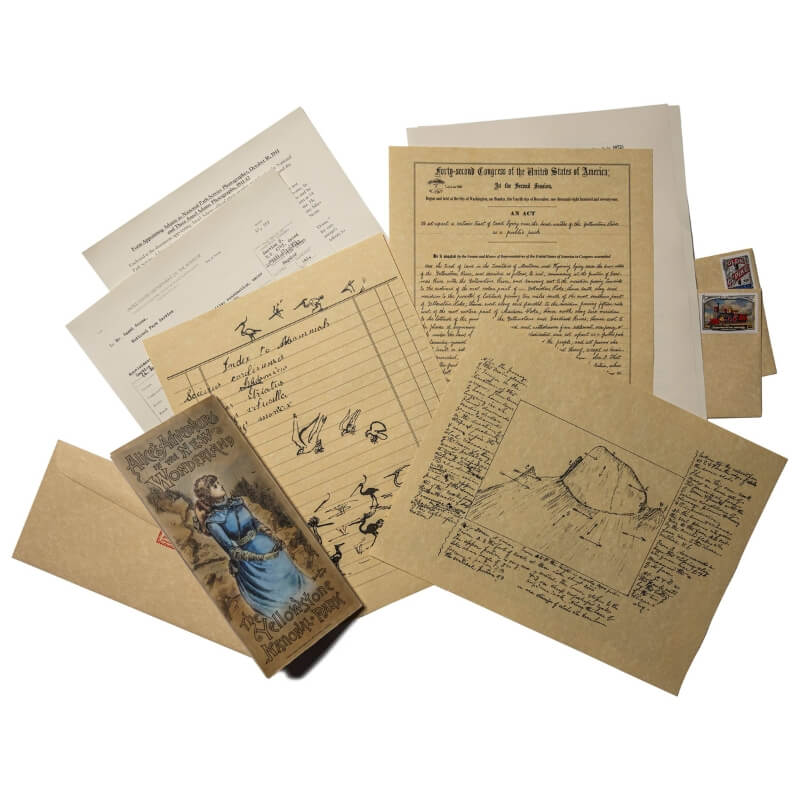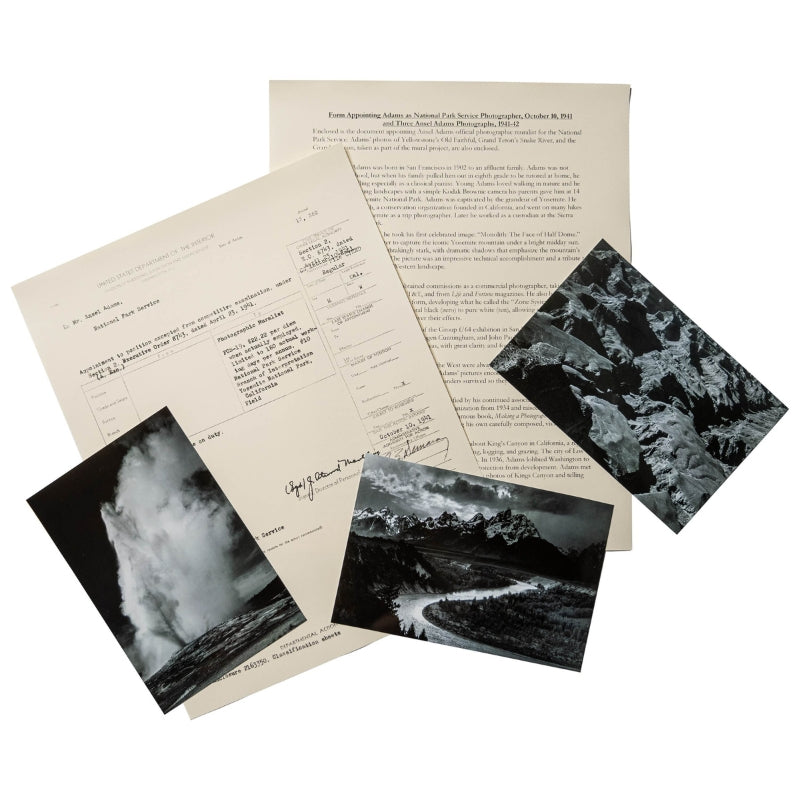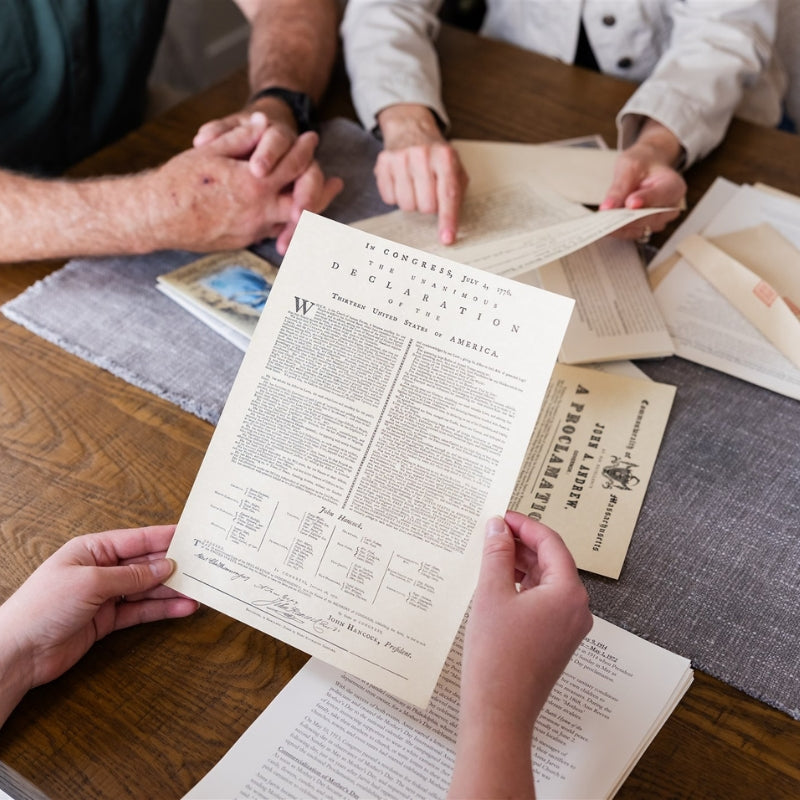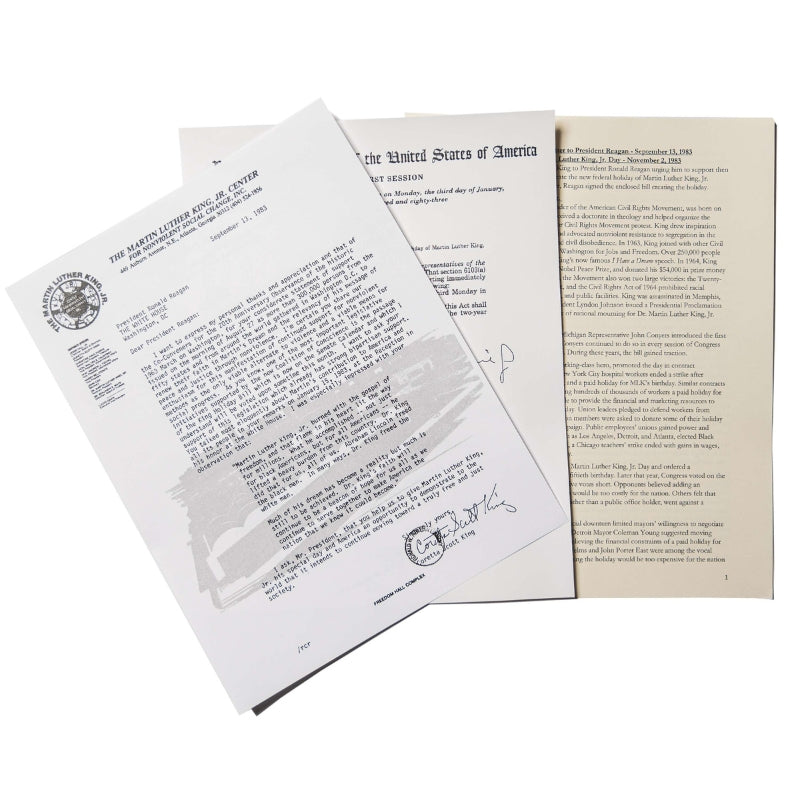Louisiana Purchase
The Louisiana Purchase of 1803
Let us dive into one of the most significant events in American history: the Louisiana Purchase of 1803. This extraordinary acquisition not only doubled the size of the young U.S. but also laid the foundation for its future growth and expansion. Explore the historical background, key players, motivations, and far-reaching consequences of this momentous event.
The Historical Context
The early 19th century was a time of great political and territorial changes. The Louisiana Territory, an expansive region in North America, was initially controlled by France, then passed on to Spain as part of a secret treaty in 1762. By 1800, France had regained control of the territory under Napoleon Bonaparte, causing significant concern for the United States, which relied heavily on the Mississippi River for trade.
The Key Players
The main protagonists in the Louisiana Purchase were President Thomas Jefferson, French Emperor Napoleon Bonaparte, and Spanish officials. President Jefferson, a proponent of agrarian expansion, saw control of the Mississippi River as vital for the young nation's growth. Napoleon, facing challenges in the Caribbean and needing funds for his European endeavors, saw an opportunity to sell the territory. The Spanish, aware of the changing geopolitical landscape, reluctantly transferred the territory back to France.
The Negotiations
Jefferson dispatched envoys, James Monroe and Robert Livingston, to France to negotiate the purchase of New Orleans and the Floridas. However, Napoleon surprised them by offering the entire Louisiana Territory for $15 million. Despite initial doubts about the constitutionality of such a purchase, Jefferson saw the immense potential and agreed to the deal.
Consequences and Legacy
The Louisiana Purchase had far-reaching consequences. Firstly, it doubled the size of the United States, adding approximately 828,000 square miles of territory. This expansion provided ample room for future settlements and secured American control over the Mississippi River and its vital trade routes.
Moreover, the purchase set a precedent for territorial acquisitions in American history. It opened the door to further exploration and expansion westward, leading to the Lewis and Clark expedition, which explored the newly acquired lands and paved the way for westward migration.
The Louisiana Purchase also had geopolitical implications. Removing France from North America eliminated a potential rival to American expansion and cemented the United States' position as the dominant power in the region.
Conclusion
The Louisiana Purchase of 1803 marked a turning point in American history. The bold decision by President Thomas Jefferson to acquire an enormous swath of land transformed the United States into a continental nation. This acquisition not only secured vital trade routes but also laid the foundation for future territorial expansions and westward exploration. The Louisiana Purchase remains an iconic event, shaping the nation's identity and fueling dreams of Manifest Destiny. Remembering and understanding this milestone enables us to appreciate the immense vision and foresight of those who made it possible.
Replica source: Treaty between the United States of America and the French Republic ceding the province of Louisiana to the United States, April 30, 1803, National Archives, Records of the U.S. Senate, Record Group 46, National Archives Identifier 306462, Online Text. https://catalog.archives.gov/id/306462
You may also like
National Parks Add-On Subscription
National Parks Add-On Subscription
$47.99
$49.00
Start Subscription 

Buy Gift 


Free subscription shipping in the US
U.S. Holidays Add-On Subscription
U.S. Holidays Add-On Subscription
From
$87.99
Start Subscription 

Buy Gift 


Free subscription shipping in the US










